Israel is preparing to launch a major offensive into Lebanon following a deadly rocket attack in the Israeli-occupied Golan Heights.
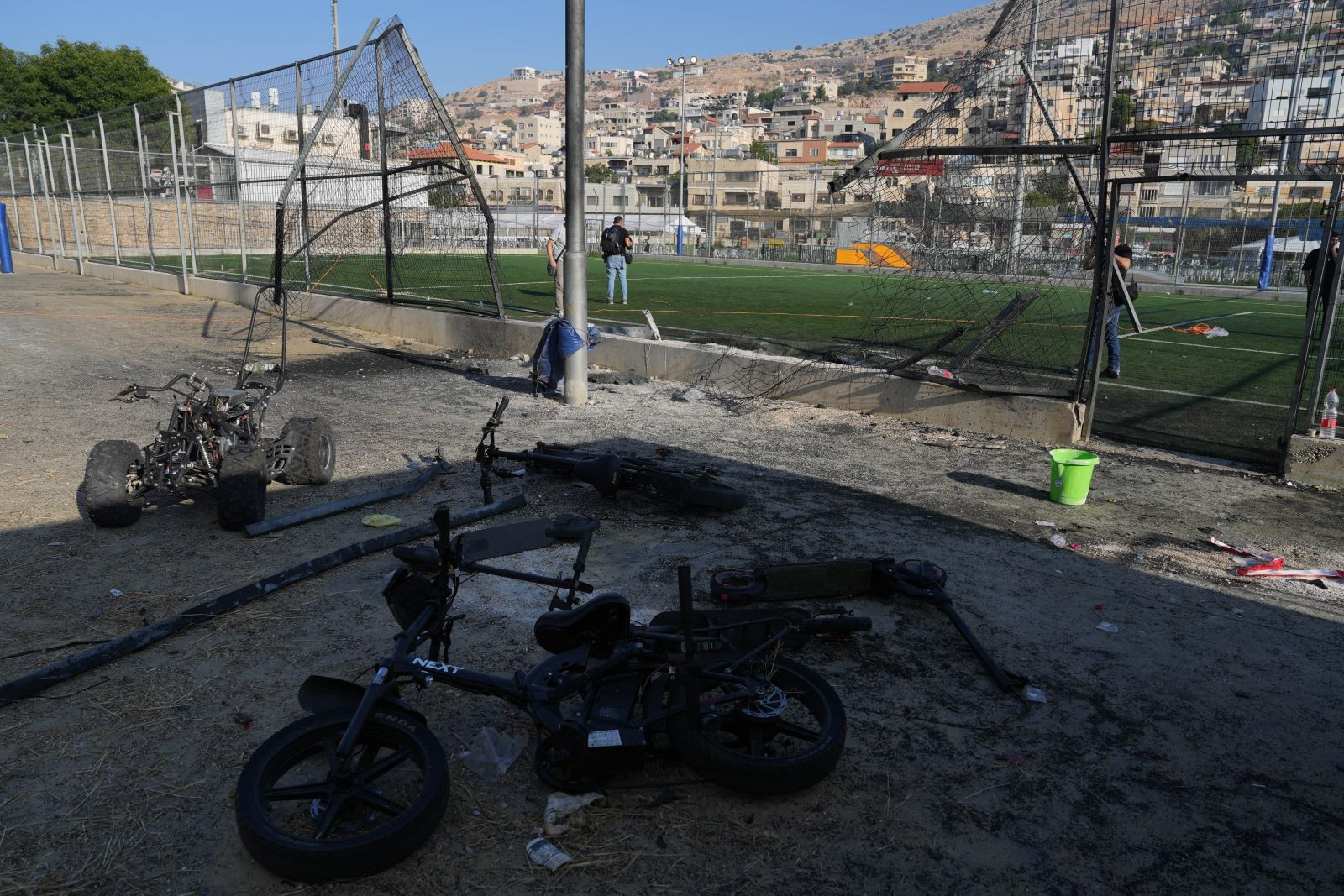
Earlier, on July 27, Israel accused Hezbollah - an armed group in Lebanon - of shelling a football field, killing at least 12 children and teenagers in the Druze town of Majdal Shams.
While Hezbollah denied responsibility for the attack, Israel said the group had crossed a “red line” and would “pay a heavy price” for the incident.
“It’s clear that this was a mistake, and Hezbollah did not want to target the Druze,” said Nicholas Blanford, a Hezbollah expert at the Atlantic Council. “But Hezbollah attacked Israeli positions about 2.5 kilometers from the town of Majdal Shams, so it’s possible that they were targeting the wrong people.”
Israel and Hezbollah have been engaged in small-scale clashes after Hamas attacked communities and military outposts in southern Israel on October 7, 2023. Hezbollah has repeatedly said it would end attacks on Israel if the sides reached a ceasefire in Gaza, where Israel's war has killed nearly 40,000 Palestinians.
So what does the attack on the Golan Heights mean for the potential for escalation between Hezbollah and Israel?
Call for support
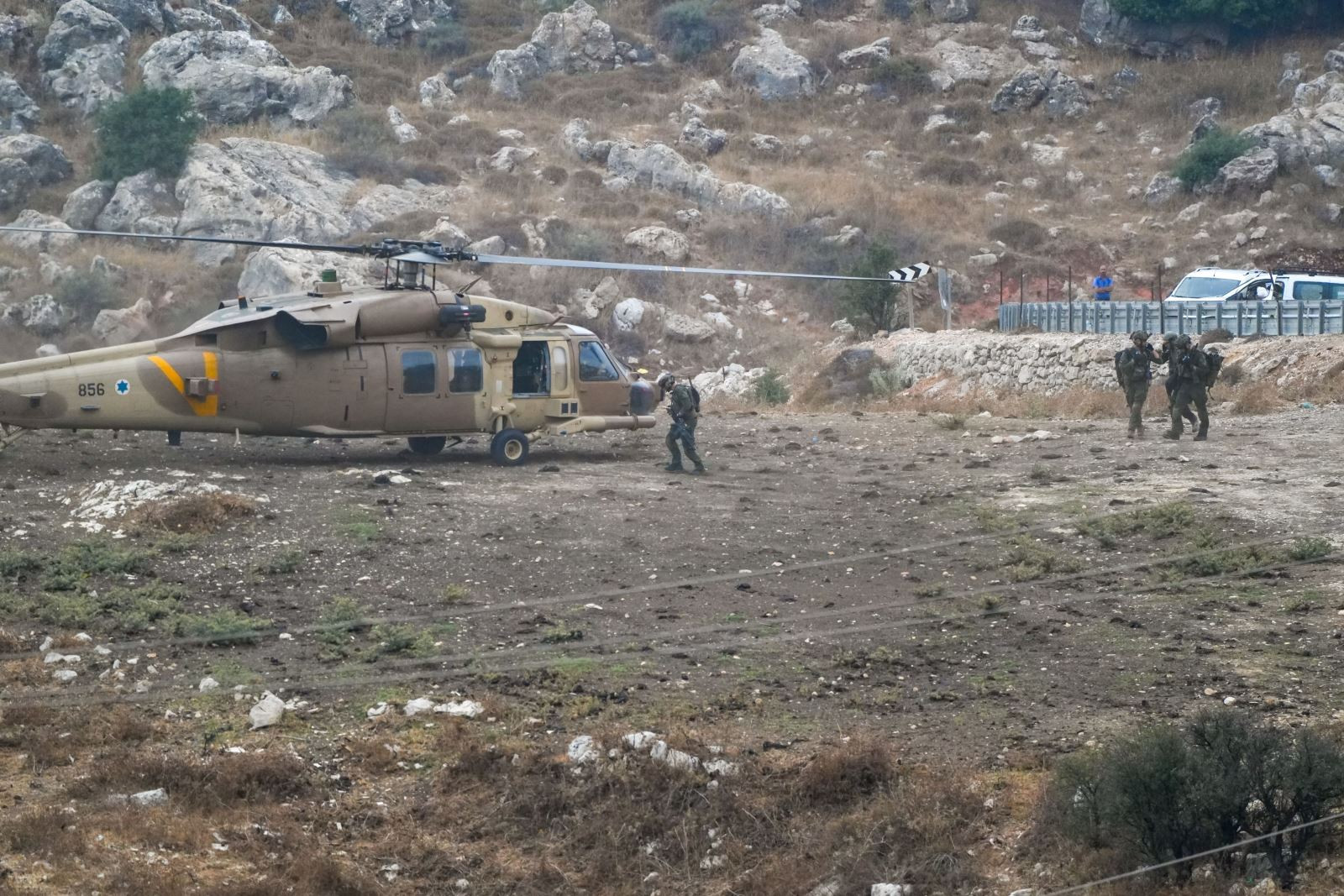
Israel appears to be using the attack to rally domestic and international support for a major offensive on Lebanon, analysts say.
On Israel's official X page, images of the Israeli flag and the Druze flag were posted with the caption: “We are all Druze.”
Another post read: “Hezbollah, Hamas and Houthi have taken children hostage. They are launching rockets at homes. All these groups are pro-Iran.”
Hezbollah, Hamas, and the Houthis are all considered pro-Iranian armed groups. Although they are said to be part of the Iran-backed “axis of resistance,” each group grew out of specific conflicts in their respective contexts and has its own interests.
Following the attack on a football stadium in the town of Majdal Shams, Israeli Prime Minister Benjamin Netanyahu has postponed plans to send 150 injured and sick children from Gaza to the United Arab Emirates for medical treatment, according to local Israeli media.
On social network X, the organization Physicians for Human Rights – Israel called the move “cruel and dangerous” and said that the deaths of 12 young people in Majdal Shams should not be exploited for dark political motives.
“This delay in evacuation once again shows Israel’s disregard for the lives of innocent children and civilians in Gaza. Revenge is not a legitimate policy,” the organization said.
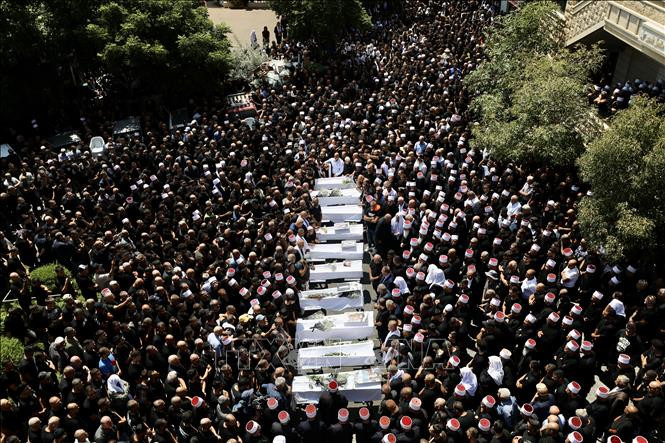
But even as Israel continues to wreak havoc in Gaza, analysts believe it will try to minimize civilian casualties with its attack on Lebanon for fear of sparking a wider, uncontrollable conflict.
“The fact that the victims in Majdal Shams were all children and teenagers will create a huge wave of outrage, but I don’t think the Israelis want to escalate,” Mr. Blanford said.
The time is ripe
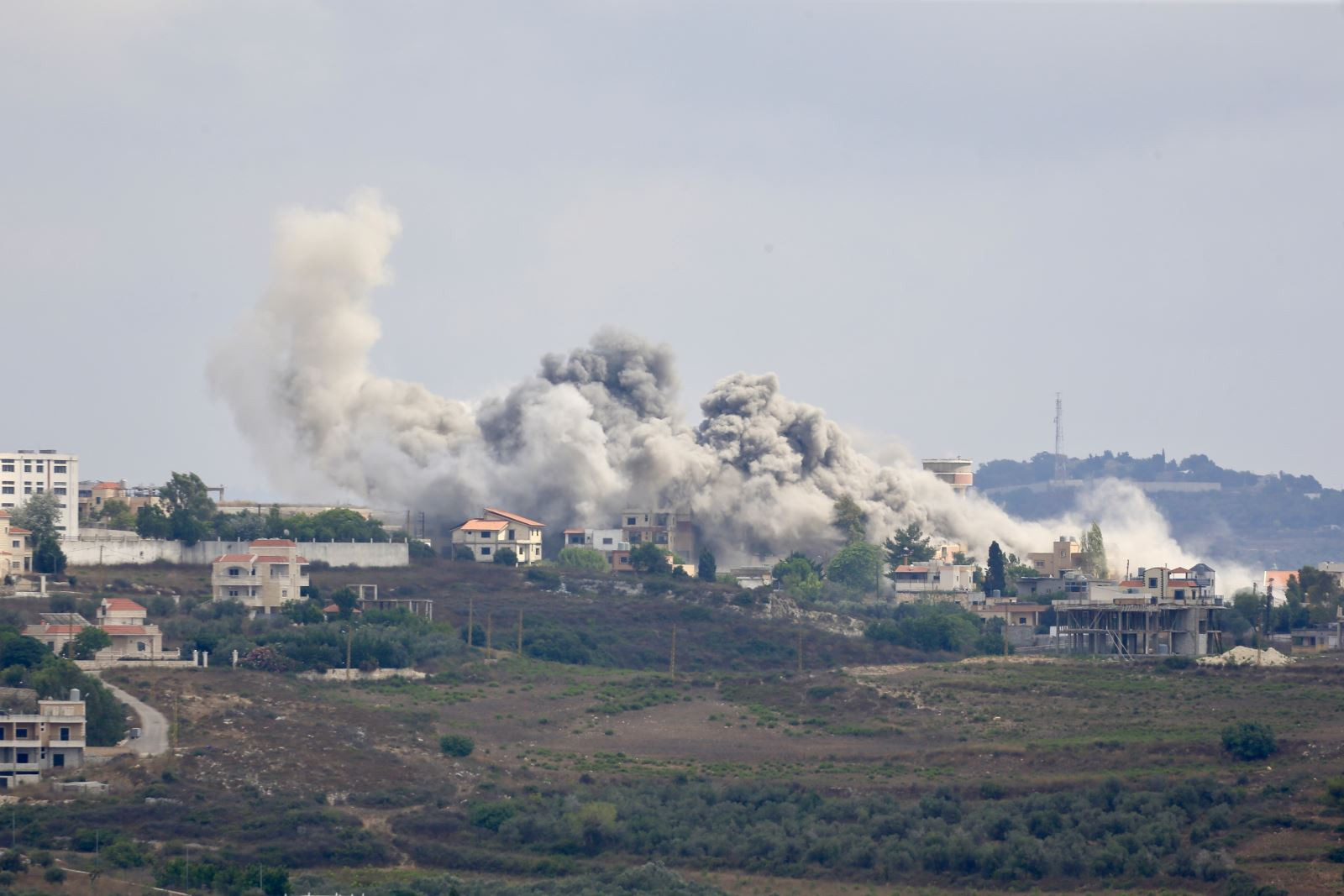
Israel’s top military brass has increasingly disagreed with Prime Minister Netanyahu over the war in Gaza and the conflict with Hezbollah in Lebanon. In June, Israeli military spokesman Daniel Hagari said “anyone who thinks Tel Aviv can eliminate Hamas is mistaken.”
Meanwhile, Mr Netanyahu has long said that Israel's goal in Gaza is to eliminate the armed group.
Waging a full-scale war against Hezbollah, which many experts consider Israel's toughest enemy in the region, is an even more difficult task, said Mairav Zonszein, senior Israel-Palestine analyst at the International Crisis Group.
“I think that generally, Israelis believe that at some point, Israel and Hezbollah will have a major war, but the question is when, how and under what conditions. Most Israelis believe that now is not the time,” she said.
The Israeli military is struggling to muster enough troops to continue the war in Gaza. Many reservists are not reporting for duty while Israel is also reporting shortages of military equipment and ammunition.
Meanwhile, the US has signaled that it does not want to see a wider conflict.
Analyst Zonszein said Netanyahu, or Defense Minister Yoav Gallant — who may have more influence over the decision to go to war — did not want to go all-out. But she said if Israel thought it could launch a major attack on Lebanon without causing a significant escalation, it might be underestimating the risks.
“This whole situation is a problem, and the most logical thing to do is to reach a ceasefire and a hostage deal in Gaza. This would immediately reduce tensions on Israel’s northern border with Lebanon,” Zonszein said.
Hezbollah's Options
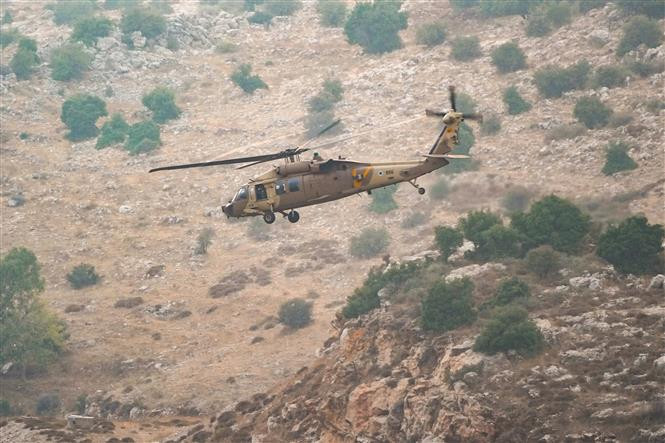
Mr Blanford said Hezbollah would likely hold back in the face of a major Israeli attack, but would aim to respond in kind.
He noted that from Hezbollah's perspective, they did nothing wrong to escalate the situation and their response would depend on the Israeli attack.
The expert said that Israel could target senior Hezbollah commanders or even attack Dahiya, a suburb of Beirut and a Hezbollah stronghold.
“If Israel were to attack Dahiya, I would not be surprised if Hezbollah responded with one or two missiles targeting an Israeli city, such as Haifa. But this response would be proportionate to the overall goal of de-escalation,” he said.
Hezbollah's long-term strategy remains tied to Gaza and it is unlikely to sign a ceasefire with Israel until a solution is reached there, added Imad Salamey, a political scientist at the Lebanese American University.
He believes Hezbollah may have prepared for a post-conflict scenario by agreeing to abide by UN Resolution 1701, which was adopted after the 2006 Israel-Hezbollah war and called for the establishment of a demilitarized zone between the Blue Line and the Litani River.
The Green Line was formerly the boundary that divided Lebanon from Israel and the Golan Heights. Meanwhile, the Litani River is a large river that flows south towards the Lebanon-Israel border.
“Both Hezbollah and Israel are likely to claim victory in any subsequent deal to maintain domestic support and prevent further escalation,” Salamey commented.